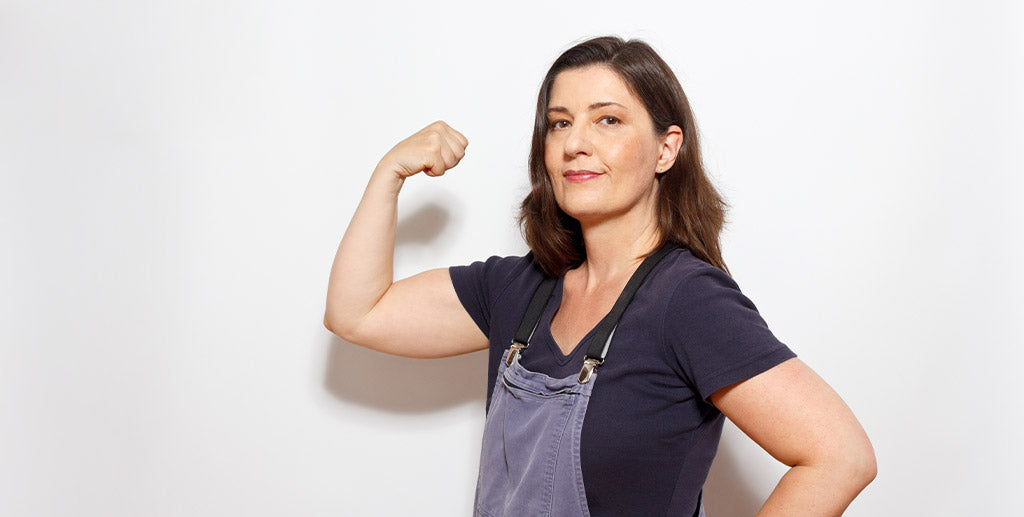What Determines How Many Calories You Burn?
All of us have heard about diets that are the “latest”. Often, they are one word diets: Paleo, Vegan, Atkins, Zone, Grapefruit... They ALL focus on what you eat...calories, and the type of calories. One thing is sure: if you don’t burn the calories, you are going to store them.
Why isn’t there more focus on what you BURN? Maybe because companies that push the diets can SELL you something to eat, but don’t sell much that directly burns calories...except for some exercise companies…
There are a lot of things that affect how many calories you burn: your age, genetics, body composition, exercise, and more, even diabetes and depression.
It’s also a big deal how much muscle you have. Muscle tissue burns far more calories than fat tissue. Fat burns almost no calories. So, if you have 75 lbs. of muscle almost always you’ll burn less than someone with 110 lbs. of muscle. More muscle = more calories burned, at least if the other things we listed – age, genetics, body composition, exercise – are the same.
As we’ve mentioned before, we typically lose muscle as we get older. Also we lose quite a bit of muscle during the first year after bariatric surgery — 25% or more is common.
However, you don’t have to lose muscle. If you get enough of the right protein during the day and get the right exercise you can actually maintain and gain muscle.
The medical research says that 30 grams of protein three times a day is optimal for maintaining muscle for anyone over 40 years old. And we suspect the same for younger people as well.
However, it has to be the right protein intake:
- High quality protein with the right amino acid profile (more below)
- Each of the three 30 gram protein occasions should be spread across the day (for example: 8am, 1pm, 6pm)
- The 30 grams of protein also needs to have at least 2.5 grams of leucine each
No protein meets these criteria better than UNJURY® Protein. You can get 30 grams of protein by adding a scoop of UNJURY protein powder in 8 oz of skim milk, or you could use a scoop and a half of protein powder in a beverage that doesn’t provide protein such as water, coffee, or crystal lite. Both approaches also give you more than 2.5 grams of leucine.










